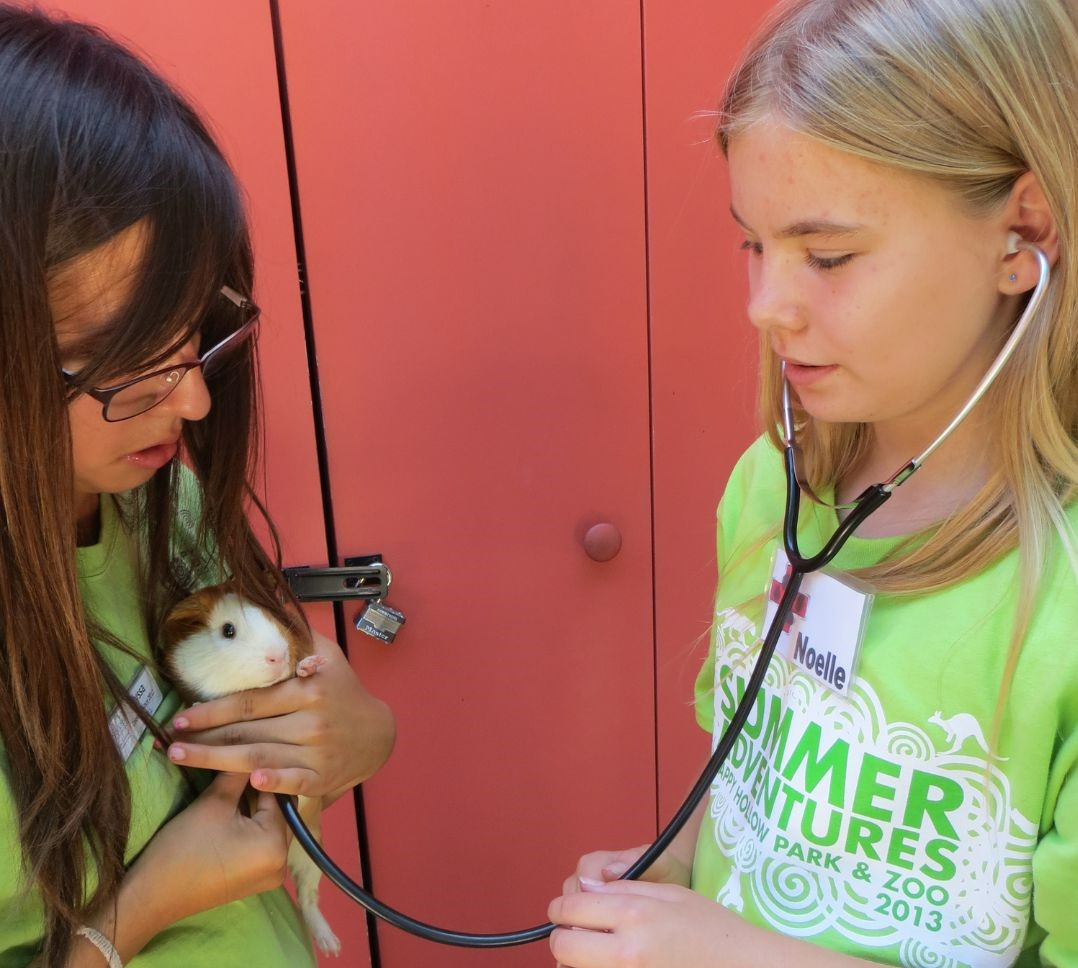
- VisitSupport Happy HollowDONATE TODAYExploreSupport Happy HollowDONATE TODAYLearnSupport Happy HollowDONATE TODAYSupport
-
Today's Hours: 10:00 am to 4:00 pm
Happy Hollow Blog
From Zoo Vets Camp to Future Conservationist: How Happy Hollow Inspired a ZooTeen’s Career Path
February 16, 2023

By Noelle Huget, Dreambuilder family member and Happy Hollow ZooTeen Alumna
When I was a little girl, I cycled through some of the standard dream jobs: teacher, professional dancer, firefighter, etc. At some point, I reached my veterinarian phase. My mom, always encouraging my career aspirations, signed me up for Happy Hollow’s Zoo Vets summer camp. That camp was life-changing. We got to practice suturing, tour Happy Hollow’s vet facilities and take stool samples from animal enclosures, which probably sounds gross, but was like a dream come true to me.
“Every day you would come back from camp with some new exciting story you just couldn’t wait to tell me,” remembers my mom.
The highlight of the camp was when a college professor came to talk to us about his research on seals in Antarctica. I was absolutely floored. Never before had I considered I could have a job that combined travel, conservation and working with animals. After that camp, I was determined to do everything in my power to live a life like that professor.

Emboldened with my new goal, I entered my teenage years determined to work with animals in any way I could. Of course, my mom found Happy Hollow’s ZooTeen program and I applied and was accepted. At the age of 14, I was handling exotic animals like cockroaches, snakes and turtles and explaining their adaptations to adults three or four times my age. The education staff taught me the basics of safely handling animals (skills I’ve used in many professional settings), engaging with audiences of varying demographics and how to speak in public. At 14, I could ad-lib a 15-minute talk about a Madagascar hissing cockroach, complete with a questions section — something that some adults would be afraid to do! I surprised myself with how much I enjoyed presenting to people, which is a skill that has been extremely beneficial in my academic career.
In a similar vein, Happy Hollow’s dedication to education is what makes it such a valuable organization for our community. By working with the education department, I learned just how passionate Happy Hollow’s staff is about educating the public on the collection of animals. Education increases interest in an animal, which increases the likelihood that someone will take a step to help conservation efforts for that animal. Zoo camps are very important, both to provide childcare for parents over the summer and to inspire kids like me to make a difference.
I’m now a senior at Northeastern University in Boston and will be graduating this semester with a degree in biology and in math. I’ve been applying to internship positions in the fields of conservation, research and animal husbandry. I’m excited to gain some hands-on experience with animals before pursuing an advanced degree!